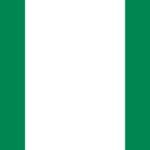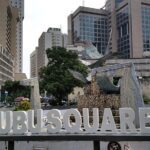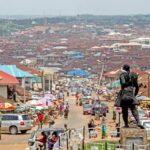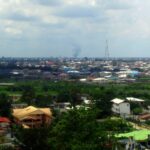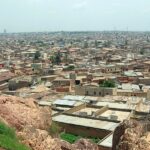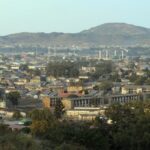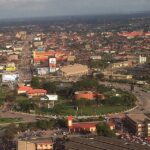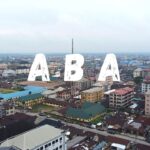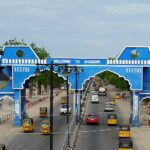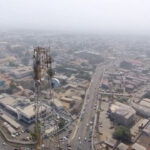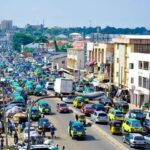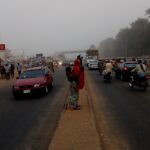Abuja
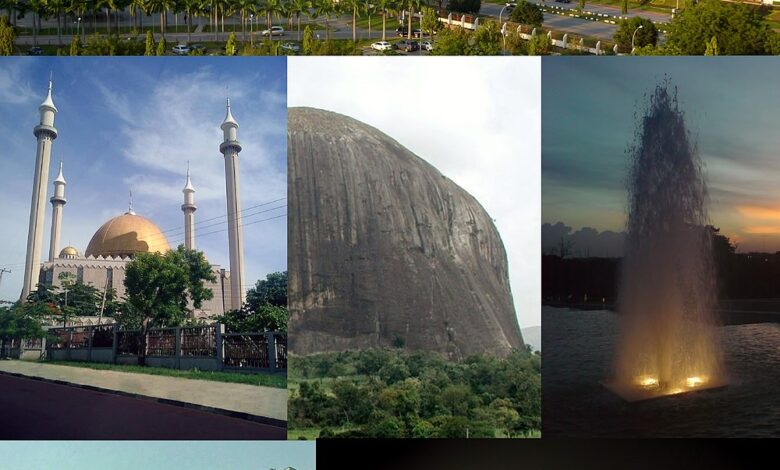
Abuja is a planned city built in the 1980s to replace Lagos as the capital of Nigeria. It is located in the centre of the country, in the Federal Capital Territory (FCT). The city is home to the Nigerian government, as well as a number of international organizations.
Abuja is a modern city with a mix of traditional and modern architecture. The skyline is dominated by Aso Rock, a large granite monolith that is home to the presidential palace. Other notable landmarks include the National Assembly, the Supreme Court, and the National Mosque.
The city has a population of over 2 million people and is growing rapidly. The majority of the population is Muslim, but there is also a significant Christian minority. The official language of Abuja is English, but Hausa, Yoruba, and Igbo are also widely spoken.
Abuja is a popular tourist destination and is home to a number of attractions, including the National Museum, the Millennium Park, and Zuma Rock. The city is also a major centre for business and commerce.
History
Abuja was founded in 1976 as the new capital of Nigeria. The decision to move the capital from Lagos was made in 1975, as Lagos had become too overcrowded and congested. Abuja was chosen as the new capital because it is located in the centre of the country, and it is relatively flat and easy to build on.
The city was designed by a team of international architects, led by Kenzo Tange of Japan. The plan for Abuja is based on a grid system, with wide avenues and open spaces. The city is divided into three zones: the Central Business District, the Residential District, and the Industrial District.
Abuja was officially inaugurated as the capital of Nigeria on December 12, 1991. The city has grown rapidly since then, and it is now home to a population of over 2 million people.
Geography
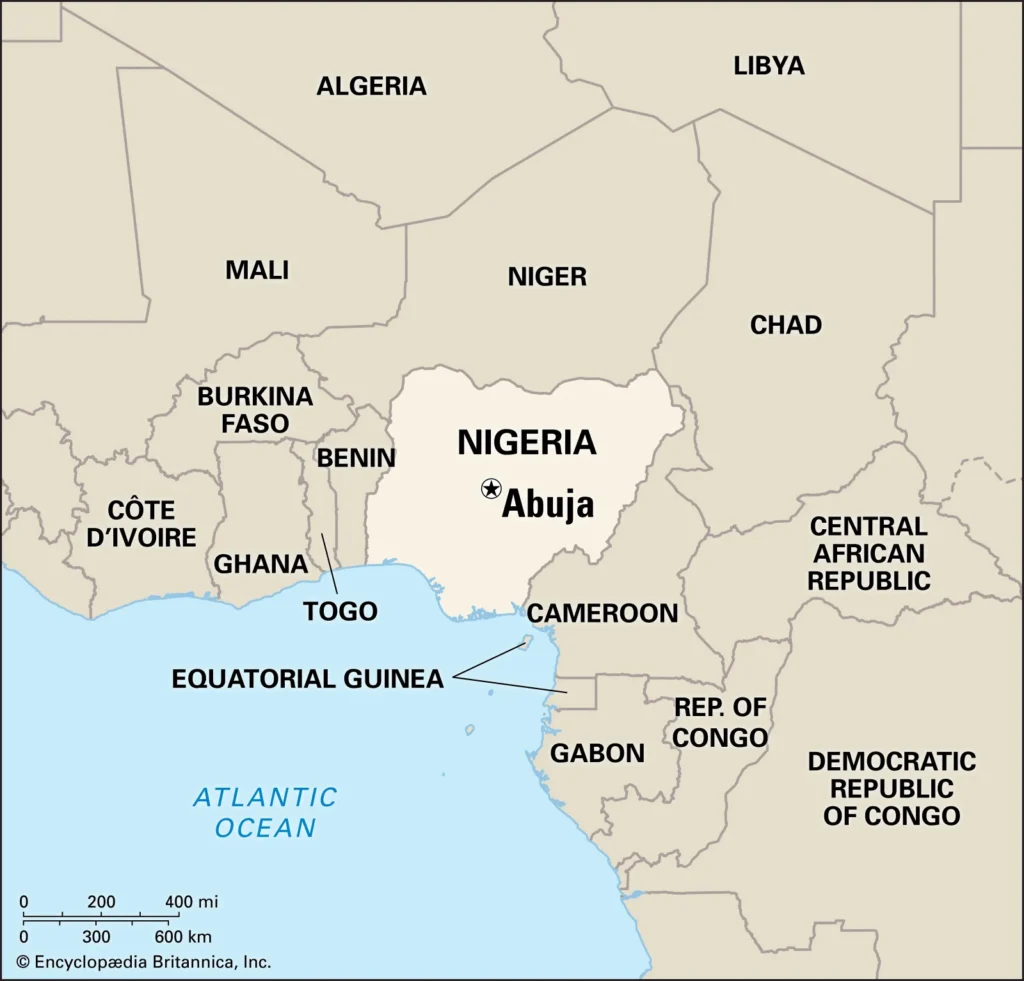
Abuja is located in the centre of Nigeria, in the Federal Capital Territory (FCT). The city is situated on a plateau, at an altitude of about 700 meters (2,300 feet). The terrain is generally flat, with a few hills and valleys. The climate is tropical, with a wet season from April to October and a dry season from November to March.
The FCT is home to a variety of natural resources, including limestone, granite, and marble. The area is also rich in wildlife and is home to a number of endangered species, such as the African elephant, the lion, and the leopard.
Administration
Abuja is administered by the Federal Capital Territory Administration (FCTA). The FCTA is headed by a minister, who is appointed by the President of Nigeria. The FCTA is responsible for the planning, development, and management of the city.
The FCTA is divided into six administrative districts: Abuja Municipal Area Council (AMAC), Bwari Area Council, Gwagwalada Area Council, Kuje Area Council, Kwali Area Council, and Nasarawa Area Council. Each district is headed by a chairman, who is elected by the people of the district.
Other information
- The official language of Abuja is English, but Hausa, Yoruba, and Igbo are also widely spoken.
- The currency of Abuja is the Nigerian naira.
- The time zone in Abuja is UTC+1.
- The telephone code for Abuja is +234 9.
